I'm learning to write user-friendly classes and methods and I'd like for users to know how to use them from a terminal. Python's standard help(MYclass) returns eighteen lines I don't want, and that's half a screen for a small window and those just learning python will lose continuity with the previous lines disappearing from the top.
Is there any way I can override what using help(MYclass) (or help(MYmethod)) shows so that it only displays the (in this case) one-line docstring?
While some IDEs show the docstrings in bubbles, terminals don't cooperate. (Do the triple-quoted (docstring) messages in Python appear while typing in IDEs other than IDLE?):
So instead, I've turned to help for help, but help is overly helpful with all those extra lines of template.
Then I thought of redefining help:
def hhelp(x):
return x.__doc__
help = hhelp
but I decided that this is evil; like redefining the number 7, and I would like help(some builtin) to still work normally, and the selective hijacking to occur only for MYclasses.
There is always
def doc(x):
return x.__doc__
if I can't find anything that selectively hijacks help().
class A(object):
"""instantiate a = A(x), then use a.sqr() to get x**2"""
def __init__(self, x):
self.x = x
def sqr(self):
return x**2
results in nineteen lines. I'd only like my one-line docstring to show.
Help on class A in module __main__:
class A(__builtin__.object)
| instantiate a = A(x), then use a.sqr() to get x**2
|
| Methods defined here:
|
| __init__(self, x)
|
| sqr(self)
|
| ----------------------------------------------------------------------
| Data descriptors defined here:
|
| __dict__
| dictionary for instance variables (if defined)
|
| __weakref__
| list of weak references to the object (if defined)
